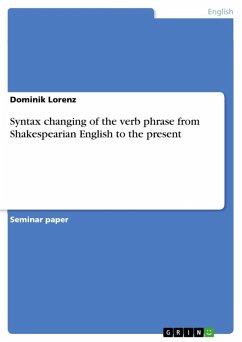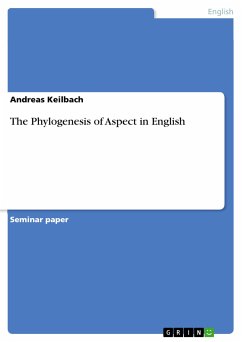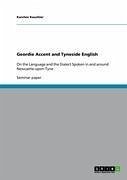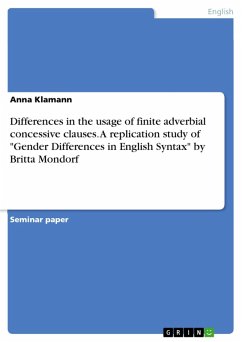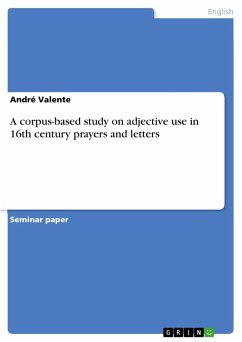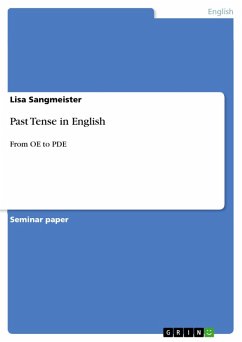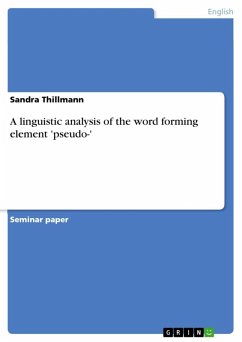Seminar paper from the year 2008 in the subject English Language and Literature Studies - Linguistics, grade: 2, University of Freiburg, course: The Syntax and Semantics of the English Verb Phrase, language: English, abstract: Blake states that Shakespeare is like food and that we take both very much for granted. It is only when we come across a passage of particular intensity in a play that we question how the language has been employed to achieve that result, just as it is only for exotic dishes that we enquire about the ingredients (1983:1). It is definitely astonishing how the English Language has been influenced by this incredible playwright and poet. However, it is noticeable that the English Language has changed significantly since the Renaissance. Baugh and Cable (1993:235) argue that "the English grammar in the 16th and early 17th century is marked more by the survival of certain forms, constructions and usages that have since [then] disappeared than by any fundamental developments". Therefore, I want to show that the syntax of the verb phrase has changed since Elizabethan times. To achieve this, I will compare verb phrases in this term paper which occur in some of Shakespeare's plays with Modern English verb phrases. First of all, I will define the term "verb phrase". After that we will focus on transitive and intransitive verbs. Transitivity and intransitivity will be examined - and we will analyze how its usage has changed since Shakespearian times. Thirdly, I will talk about impersonal verbs and afterwards we will study reflexive verbs and the mediopassive. Finally, the passive, inchoative and reflexive meaning of transitive verbs will be discussed. The focus will be on the change or the disappearance of these constructions which occurred between the 16th century and today. I will use some Shakespearian plays which will provide a basis in order to illustrate and to underline my arguments.
Dieser Download kann aus rechtlichen Gründen nur mit Rechnungsadresse in A, B, BG, CY, CZ, D, DK, EW, E, FIN, F, GR, HR, H, IRL, I, LT, L, LR, M, NL, PL, P, R, S, SLO, SK ausgeliefert werden.

